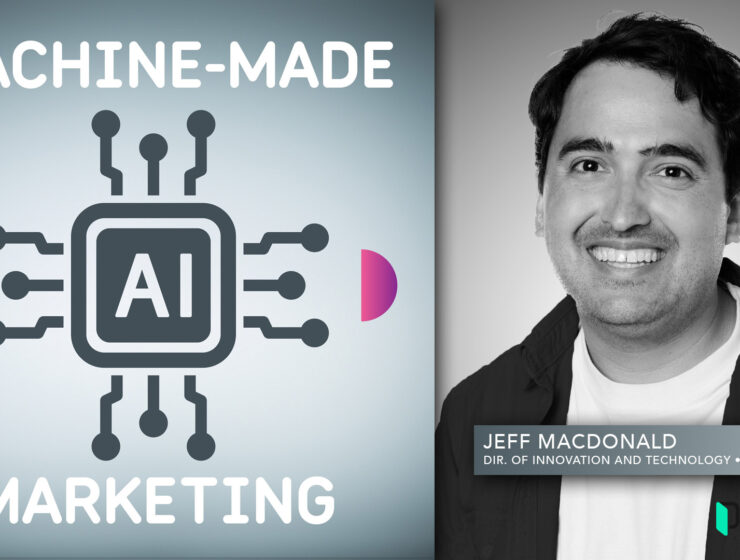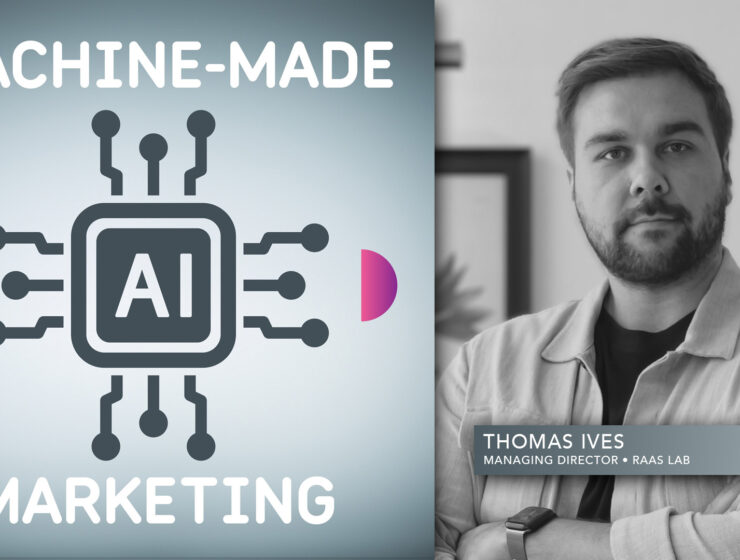Luxury will always be defined by craftsmanship and creativity. But in the modern era, digital experience is becoming just as important as physical expression.


Luxury will always be defined by craftsmanship and creativity. But in the modern era, digital experience is becoming just as important as physical expression.

As vehicles and mobility become more complex and shopper expectations rise, a new form of intelligent, conversational digital engagement is reshaping how consumers explore, understand, and choose their next vehicle.
Artificial Intelligence is no longer the future of marketing—it’s the now. From boosting productivity and precision to enabling smarter, more human-centered experiences, AI is revolutionizing how brands operate.

From privacy and data ethics to job disruption and creative dilution, AI in marketing is not without its complications. Here’s a closer look at the challenges marketers, businesses, and society at large must grapple with as this technology evolves.

Jeff MacDonald, Director of Innovation and Technology at Movers+Shakers, joins us to unpack what separates AI gimmicks from true creative acceleration.

Thomas Ives of RAAS Lab explains how AI-driven contextual intelligence is moving beyond keyword traps and brand-safety false positives to interpret content with human-like nuance

Luxury will always be defined by craftsmanship and creativity. But in the modern era, digital experience is becoming just as important as physical expression.
The agentic era is here. The question is, will we shape it with intention, or will we let it shape us?
Sandra Sucher, Professor of Management Practice at Harvard Business School, and David Bersoff, Head of Research at the Edelman Trust Institute, join Justin Blake, Executive Director of the Edelman Trust Institute, to discuss their recent article from HBR.org

The “Deepfakes, TikTok and Political Ads: Media Influence on the Upcoming Election” session, hosted by Advertising Week in partnership with Cint, dove into the powerful role media plays in shaping voter behavior ahead of critical elections.

Once everyone has AI, the real advantage for marketers will come from the data no one else has — both their own and their partners’
Privacy by Design as a Competitive Edge: Embedding privacy safeguards from the ground up—such as differential privacy mechanisms and zero-knowledge proofs—builds user loyalty.
By Peter Wilmot, chief product officer at Shopsense AI For years, holiday shopping has been…

We have spent years teaching AI to sound human. The next step is teaching it something far more valuable: humility.
As we enter 2026, one thing is clear. AI may be the engine of modern marketing, but data is the driver’s seat. Those who own it, protect it, and understand its value will lead the way.
World Economic Forum’s Daniel Dobrygowski joins Edelman’s Sat Dayal to discuss the global trust gaps highlighted in the new Edelman Trust Barometer Flash Poll on AI.

What the industry needs to do is to create brand governance measurement so that we have a similar language and framework for this idea.
As large language models evolve from summarizing content to performing actions, publishers’ monetization models must evolve too.